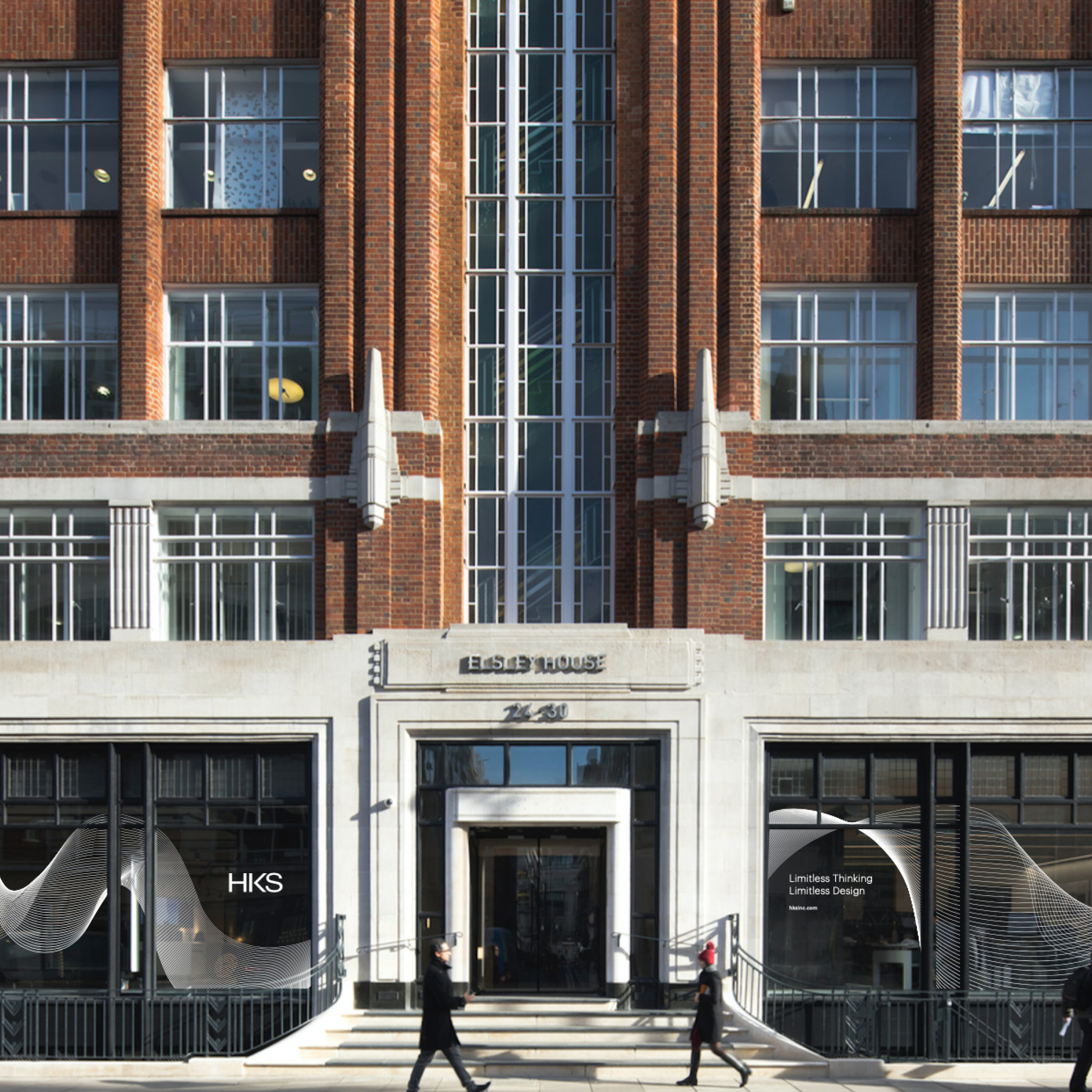
Perspectives on Education: What Kind of Learning Environments Will Prepare Our Children for the Jobs of the Future?
A famous saying states that ‘the future isn’t what it used to be’, and that definitely applies to our changing understanding about what the world of work will look like decades from now.
Academics, scientists, entrepreneurs and others are speculating about what the jobs of the future will be and how our working lives might change. What does appear to be widely accepted is that because of constant technological advances, many of the jobs today’s children will occupy do not yet exist.
So, if tomorrow’s jobs are not yet in existence, how do we educate our children for them?
It is easy to get swept up in romantic notions that we must fundamentally change our approach to modern education. But we must not forget that we are at the front end of a major technological revolution — with computers, smart phones and other advances having made major changes to today’s work environment compared with just a few decades ago.
Throughout this change, the so-called “three Rs” — reading, writing and arithmetic — have remained fundamental in how we teach our children. All three still universally apply to modern jobs, no matter how advanced the technology they incorporate.
Tomorrow’s jobs will still require employees with these basic skills long into the future. If you look at the development of artificial intelligence alone for example, humans need the skills to write the necessary code. In order to write these algorithms, the fundamentals of education will be required.
-

Event
Perspectives on Health: How Will the Health Care Facilities of the Future be Funded?
Read More
So, if the fundamentals of what we teach should not change, do we instead look at how we teach it? Do all young people still need to learn Jane Austen and Shakespeare to thrive in the modern world, or should there be enough flexibility in the curriculum to allow teaching and learning methods to respond to different needs?
Some believe ‘softer skills’ such as communication and the ability to self-promote and network are just as important, even more so, than the ability to quote classic literature. Adding flexibility to how a child can learn is a growing practice in teaching and many believe it is the best way to maximize the opportunity within every child.
Another key aspect of teaching is the buildings in which children learn. At a minimum, schools need to be comfortable with attention paid to natural daylight, access to fresh air and acoustic performance.
The design of classrooms has not dramatically changed in the last 70 years and is unlikely to anytime soon. What has and will continue to change is the equipment within them, particularly the technology to which teachers have access to increase flexibility and aid teaching and learning.
A current television promotion by BT shows students using VR goggles and others collaborating live with a school in an entirely different part of the UK. This may not yet be common, but it could become increasingly so.
In order to accommodate this new type of activity, flexible spaces will be key. Teachers need to be able to adapt their classrooms to an entire range of varied teaching styles, from traditional ‘lecture style’ to enabling the use of cutting-edge technology.
Outside the classroom is equally important. With the populations of most cities growing each year, more school will be needed. One of the major challenges of building or extending inner-city schools is outdoor space. Many sites have restricted footprints limited by existing infrastructure and multistory schools are becoming more common. Access to fresh air, nature and outdoor play is a vital component of well-being for children and too many schools are being built without this. How this is addressed safely in vertical schools is a key design consideration and constraint.
Critically, we need to ensure that it is not just the privileged who get access to the best school facilities and skew the preparedness for future jobs. If technology and AI are going to replace lower-skilled jobs, then it is vital that the people who were going to fill these are equipped for what will replace them. How we prepare our children for that could well determine their future success.
The above article was compiled using points raised at a recent HKS’s panel discussion in London: ‘Perspectives on Education’. The panel included some of the UK’s leading voices in education: Ty Goddard, co-founder and CEO of The Education Foundation, Sacha Corcoran, Principal at Big Creative Academy, Sarah Counter, founder and CEO of the Canary Wharf College Trust, Luke Tryl, Former Head of the New Schools Network and Rachel Moulton, Education Leader at HKS.

